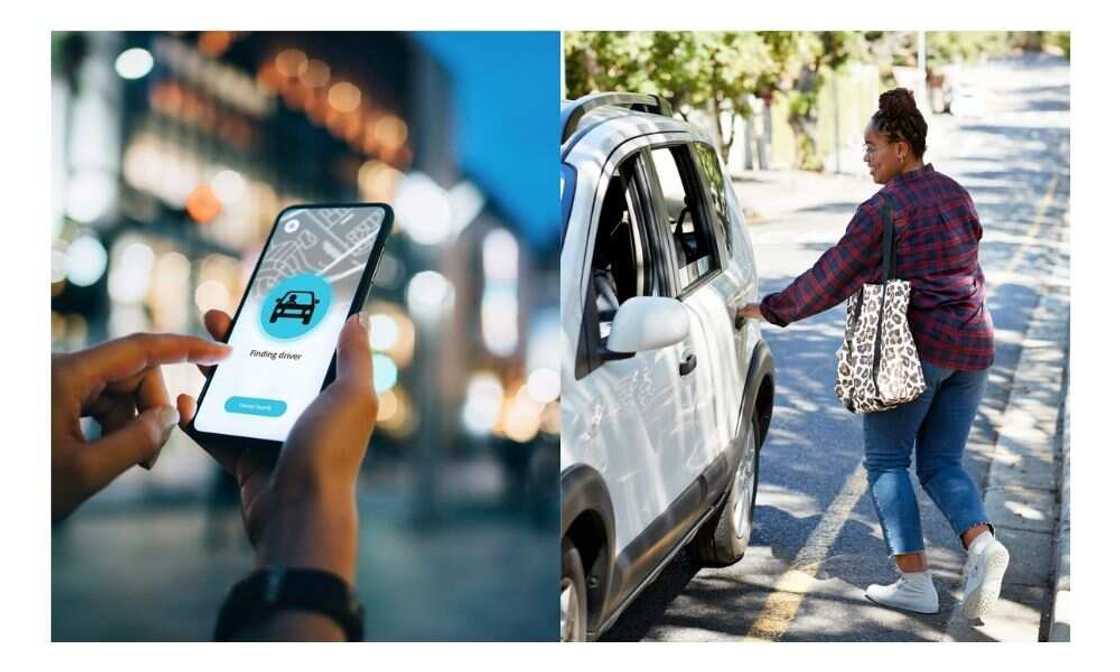Fuel Scarcity Drives Uber, Bolt to Increase Fares as Russia-Ukraine War Pushes Up Energy Prices
- Apart from General spike in the prices of goods and services in Nigeria, Ride hail companies have have hiked their costs
- Riders lament that rides that usually cost between N2,500 to N3,000 now go for as high N6,000 in most cases
- Fuel scarcity has continued in Nigeria three weeks after it was reported that a contaminated product was imported into Nigeria
As Nigeria grapples with fuel scarcity, the two most popular ride-hail companies, Uber and Bolt have both hiked their fares.
It is not yet confirmed if the scarcity of petrol is the reason for the price increase, but other modes of transportation in Lagos and major cities across Nigeria have also seen an increase in fares and the operators battle to break even.

Source: Getty Images
Information gleaned from operators of the ride-hail companies in Lagos and Abuja show that the reason for the increase is the protracted fuel scarcity.
According to the drivers, the scarcity reduces the number of vehicles on the road which creates a hike in price that has since been doubled in the last three weeks
PAY ATTENTION: Install our latest app for Android, read best news on Nigeria’s #1 news app
A Nairametrics report said that on Sunday, ride from Lekki to Ikorodu areas of Lagos which went for between N2,500 and N3,000 has increased to as much as N6,000 as of Sunday, December 27, 2022.
As prices of rides and other transportation hit the roof, Nigerians are grappling with eroding purchasing powers as disposable income is becoming grossly inadequate.
Dent in Purchasing Power
Drivers of the ride-hail apps now require passengers to pay in cash to enable them to meet immediate needs.
Transport fares soars 283% in January, Says NBS
Legit.ng has reported that As a result of the rumoured petrol subsidy removal, the cost of transportation Nigerians paid increased by 283 per cent higher in transport in January, says Nigeria Bureau of Statistics (NBS).
The average cost of bus transport in Nigerian cities went up from N122.83 in January 2017 to N470.83 in December 2021, the NBS data says.
By this, it means the cost of transportation within cities through bus has increased by 283 per cent, that is B384 in four years, data from the Transport Watch reports of NBS says.
Source: Legit.ng


